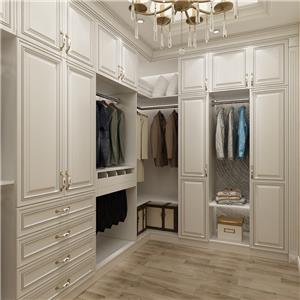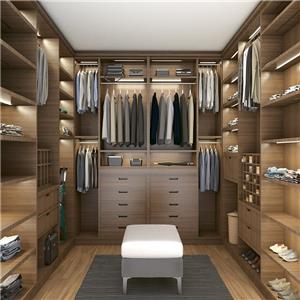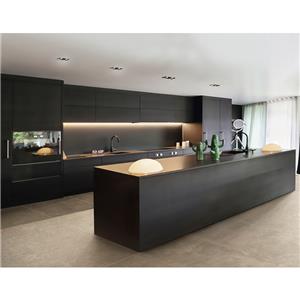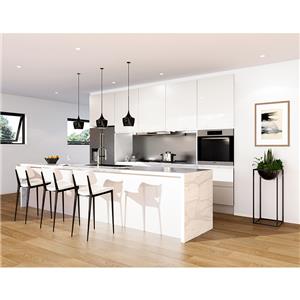Why You Might Want to Rethink Transforming Your Kitchen with Modern Cabinet Designs
Why You Might Want to Rethink Transforming Your Kitchen with Modern Cabinet Designs
Introduction
The allure of a modern kitchen is undeniable, with sleek lines, innovative materials, and state-of-the-art appliances. However, embarking on a kitchen renovation can be a significant investment of time, money, and energy. In this article, we'll explore the reasons why you might want to think twice before jumping into a modern kitchen cabinet transformation.
Section 1: The Costs Involved
Initial Investment
Explain the upfront costs associated with modern cabinet designs, including materials, labor, and any necessary structural changes.
Ongoing Maintenance
Discuss the potential maintenance costs of modern cabinets, particularly if they require special cleaning products or professional services.
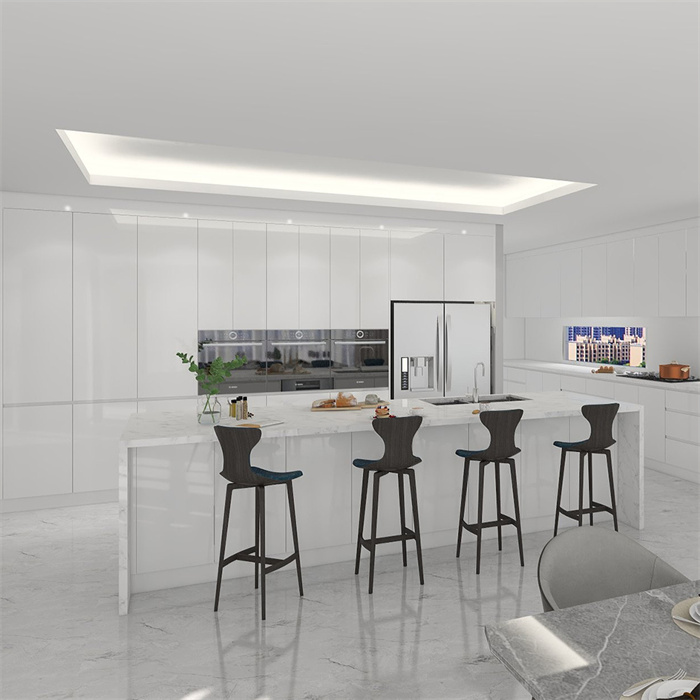
Section 2: The Impact on Resale Value
Appraisal Concerns
Highlight how modern designs might not appeal to all buyers, potentially affecting the resale value of your home.
Market Trends
Examine current market trends and how they influence the perceived value of modern kitchen renovations.
Section 3: Practicality and Functionality
Storage Limitations
Discuss how some modern designs prioritize aesthetics over practicality, potentially reducing available storage space.
Ergonomics and Accessibility
Explain how certain modern cabinet designs may not be ergonomic or accessible for all users, especially those with mobility issues.
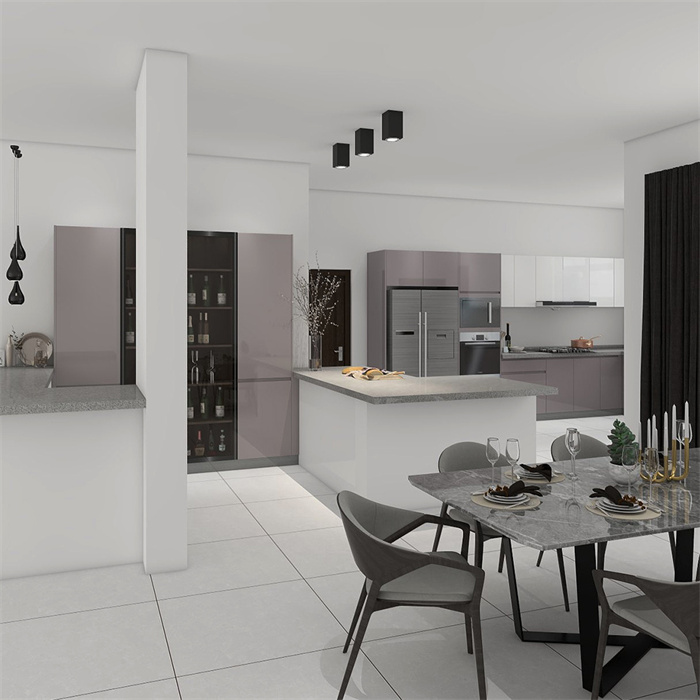
Section 4: Environmental Considerations
Sustainability
Address the environmental impact of disposing of old cabinets and the sustainability of new materials used in modern designs.
Longevity and Durability
Evaluate the durability of modern cabinets and whether they are likely to last as long as traditional designs.
Section 5: Personal Style and Taste
Timelessness of Traditional Designs
Compare the timelessness of traditional kitchen designs with the potentially fleeting nature of modern trends.
Flexibility in Decor
Discuss how modern cabinets can limit decorative options and may require frequent updates to stay fashionable.
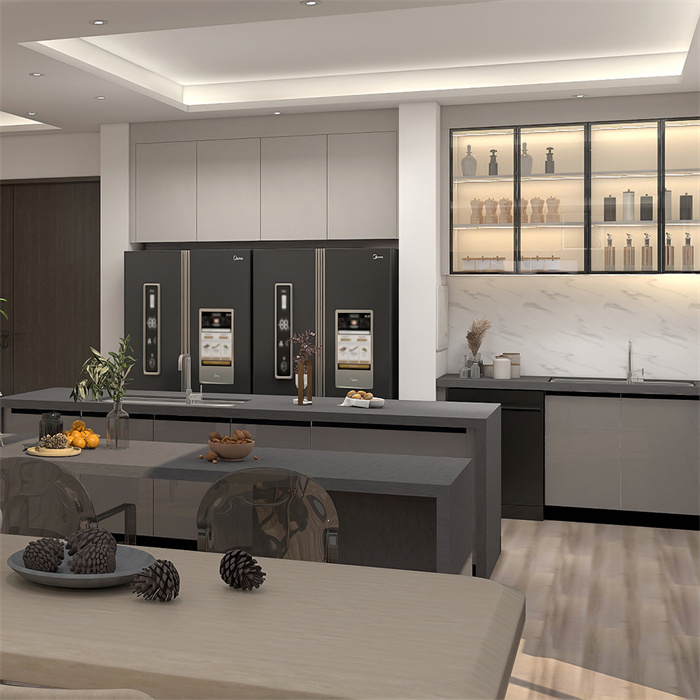
Section 6: Alternative Options
Refacing and Refinishing
Explain how these more affordable alternatives can refresh the look of existing cabinets without a complete overhaul.
Updating Hardware and Accessories
Highlight the impact of changing hardware and accessories to refresh the appearance of your kitchen.
Section 7: Planning and Preparation
Professional Consultation
Discuss the benefits of consulting with professionals before making a decision about a kitchen renovation.
Phased Renovations
Suggest starting with smaller projects that can be phased over time to minimize disruption and financial strain.
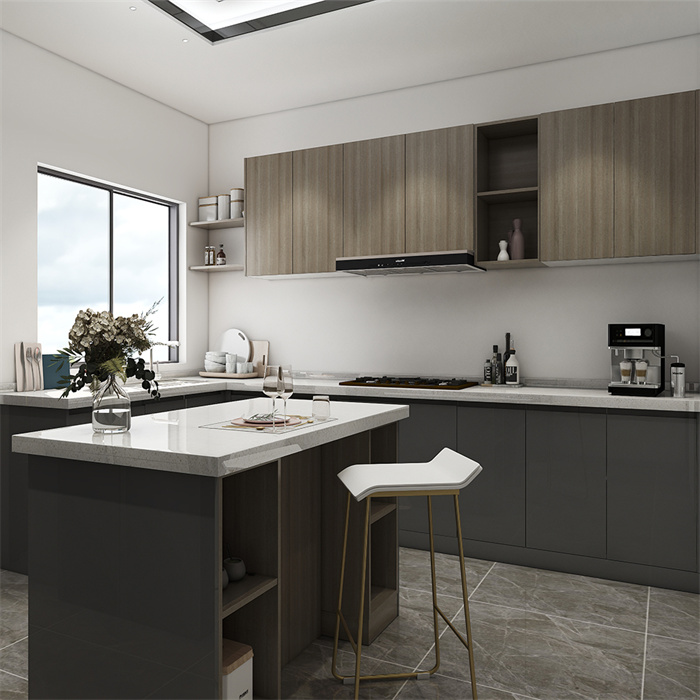
Expanded Sections
Section 1: The Costs Involved
Initial Investment
Description:Detail the initial costs associated with modern cabinet designs, such as the expense of high-end materials and custom cabinetry.
Examples:Provide specific examples of high-end materials commonly used in modern cabinets, such as exotic woods, metals, and glass.
Cost Breakdowns:Offer a breakdown of the costs involved in a typical modern cabinet installation, including labor and additional expenses like plumbing and electrical work.
Ongoing Maintenance
Description:Explain the ongoing maintenance required for modern cabinets, focusing on the need for specialized cleaning products and regular upkeep.
Tips:Offer tips on how to maintain the longevity of modern cabinets, including recommendations for cleaning schedules and products.
Real-Life Application:Provide real-life examples of maintenance issues that homeowners have faced with modern cabinets.
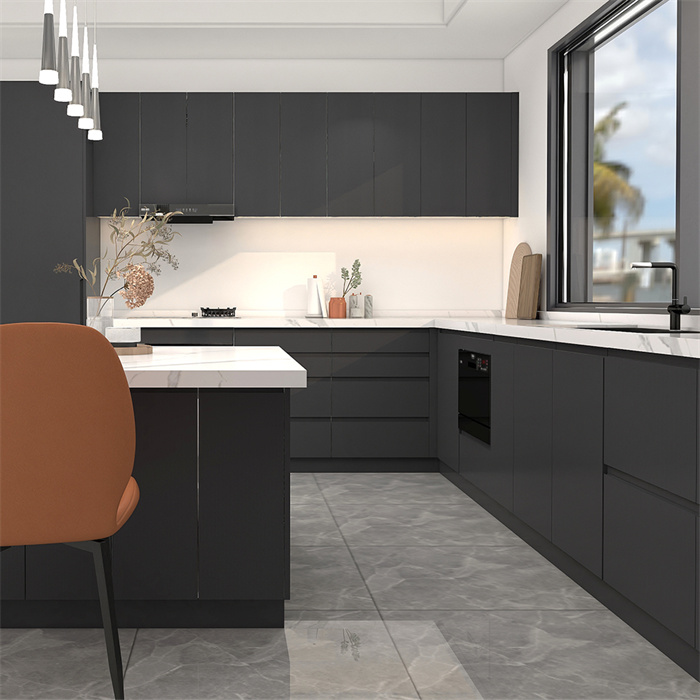
Section 3: Practicality and Functionality
Storage Limitations
Description:Discuss how some modern designs prioritize aesthetics over practicality, potentially reducing available storage space.
Design Tips:Offer design tips for maximizing storage in a modern kitchen, such as using multi-functional furniture and wall-mounted shelves.
Real-Life Application:Showcase kitchens where storage limitations have been addressed effectively despite the use of modern cabinets.
Ergonomics and Accessibility
Description:Explain how certain modern cabinet designs may not be ergonomic or accessible for all users, particularly those with mobility issues.
Design Tips:Provide design tips for creating an accessible kitchen, such as using adjustable shelves and drawers.
Real-Life Application:Highlight kitchens that have successfully balanced modern aesthetics with accessibility features.
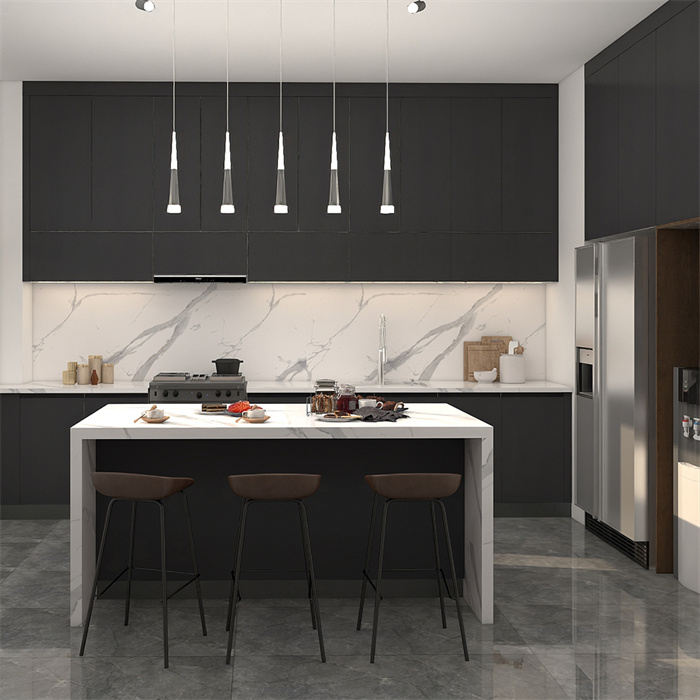
Section 4: Environmental Considerations
Sustainability
Description:Address the environmental impact of disposing of old cabinets and the sustainability of new materials used in modern designs.
Examples:Provide examples of sustainable materials that can be used in modern cabinet designs, such as reclaimed wood and recycled metals.
Tips:Offer tips on how to make a modern kitchen renovation more environmentally friendly, such as choosing locally sourced materials.
Real-Life Application:Showcase kitchens that have incorporated sustainable elements into their modern designs.
Longevity and Durability
Description:Evaluate the durability of modern cabinets and whether they are likely to last as long as traditional designs.
Examples:Provide examples of durable materials commonly used in modern cabinets, such as high-density fiberboard (HDF).
Tips:Offer tips on how to ensure the longevity of modern cabinets, such as selecting materials that resist wear and tear.
Real-Life Application:Highlight kitchens where durability has been a key consideration in the choice of modern cabinets.
Conclusion
Summarize the key points covered in the article and encourage readers to carefully consider all aspects before embarking on a modern kitchen cabinet transformation. Emphasize the importance of weighing the pros and cons and exploring alternative options that might better suit their needs and budgets.

